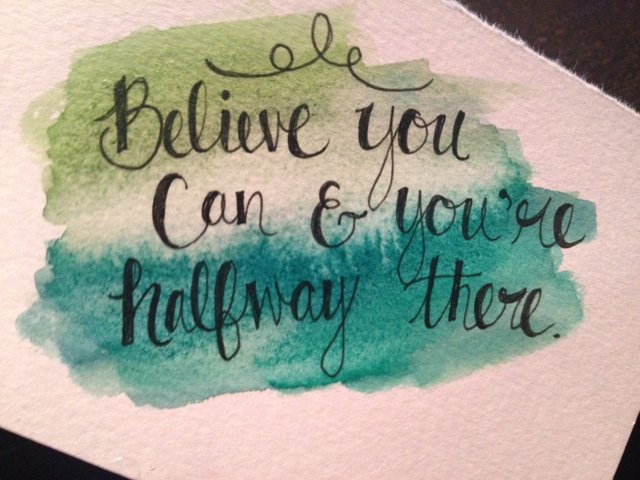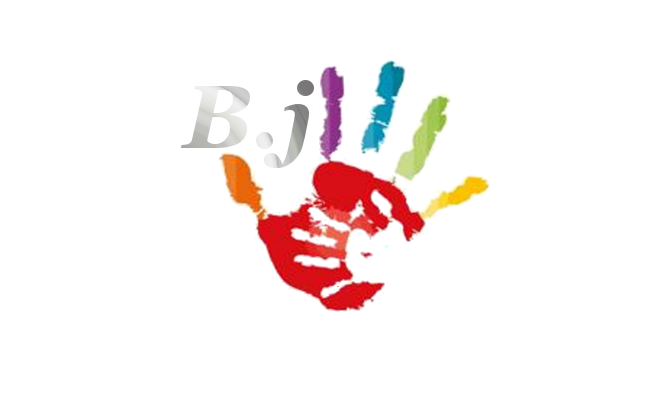How to deal with stress during oral presentations?
Hello guys!
Today I just want to share with you some advice to get better at your oral presentations, or at least how to deal with your stress during an oral presentation. Admit it, when your stress is away, the presentation is directly a lot easier! And you are talking to an expert in stress: I already failed some presentations only because of stress: my stream of speech become way too fast, I move all over the place, I go all red and I start to stutter. I just don't make any good impression on my public... And it was even worse if I had to speak in English (I'm a native French-speaker). So I decided I have to change! This article can interest everyone because at some moments of our lives we will have to speak in public: at your work, in some courses, and even at weddings. So here are my few hacks for you!

#1 Watch the way you breathe
A great thing you have to watch during an oral presentation is your breath. I discovered that the best way to fight against my phobia consists of paying attention to my way of breathing. I realized that I breathed on the surface, since the top of my breast. Yet, it does not allow to make circulate enough air to oxygenate the body correctly. This is why my body filled with a feeling of panic, which much more had to see with the absence of oxygen than with (as I thought) the fear of speaking in front of people.

The technique of the deep breath is rather simple: it consists in inflating the stomach rather than the rib cage. Approximately ninety seconds before speaking, when the stress is for its height, begin to breathe consciously in depth, by inflating your breast as a barrel. It will avoid you having the shrill and breathless voice which is often associated with the fear of speaking in public. Try to make some sessions of training in the lap breath before your event or test " in the real life ".
#2 Having positive thoughts and visualize you later in your day
My second hack is to try to erase any kind of bad thought. Even if you think that you have made some mistakes in your presentation, do not show it and tell yourself that it no longer matters because you do not have the time to change anything now. So make your oral presentation with confidence and after will be the time to be disappointed if something goes wrong, but LATER is later, and it will change nothing to think about it now. That is what I tell myself the day of my presentation, or even a few seconds before going "on stage".
Another positive thought you can easily have is to visualize yourself a few hours after your presentation. Will it still matter? Would you be still stressed out? The answers to all these questions are just NO. Think about what you will be doing, of the peaceful times you will have just after,... Your 30-minute presentation will seem you nothing really important after these thoughts. I always say to myself: "in 30 minutes, and whatever happened during this presentation, I will be free and not stressed out at all", and it really eases my mind before my show. It will help you be more confident in your presentation.
Having good supports (slides, a speech written in advance and which you know the main lines,...) is also a really big deal during oral presentations. And you will more easily show confidence if you know exactly what you have to say and how you have to say it. Preparations are very important, and the majority of great orators have to train themselves a lot of days to master their presentations perfectly. Don't think that the people on TedTalks have just a natural gift to speak in public! Again, work is the secret.
#3 Reduce the perceived importance of the situation
People are not there to see you in person, but they are more interested in the message you have to deliver. They will not spend their time watching you, and they are human beings too! They know the stressful feeling of speaking in public, and a lot of them have certainly already failed at that, and it is not a big deal at all!

One last advice, maybe the more important one: trust yourself. With a little of patience and training, you will be not only a good speaker but an excellent one, if it is what you wish of course!
Very helpful post. I think taking your mind off the dignitaries in your audience can also help relieve the stress. Just view everyone as your student depending on you to understand the concept you're going to talk about and you'll be more relaxed and confident during the presentation.
Yep, it is a good piece of advice too!
Or try imagining everyone sitting in their underwear 😉
Thank's alot for your Artikel. In the breath lies the power as i found out in yoga.

Keep going
Globalpeace
@bjoernr
To listen to the audio version of this article click on the play image.

Brought to you by @tts. If you find it useful please consider upvote this reply.
really informative post......and it is very helpful @jarendesta
Thanks for the post,
I have the same problem.
Another little helpful tip to add is to communicate to each individual in the audience, look at them if possible. This at least for me take the stress of thinking that I am talking to a big audience. It just as I am chatting to a friend. Best to start with smaller groups and practice.
I hope this help.
It also is sometimes helpful to look into the crowd, not locking your eyes too long in a individual person eyes, because you will lose a part of your concentration when performing your speech.
That's because you will try to mimic and/or analyse that person's expression and become too self aware, due to the empathic nature of people.
Nerve shot of adrenaline dissipates in about two minutes. Start your speech with some positive or unexpected words that will set the tone of the presentation.
Some good points worth noting, I believe most people have faced that pressure when in presentations.
Every time we perceive the situation as so important, it makes us feel uneasy.
We mostly tend to get attached to the end result, inside threatened of what may happen, which actually stops us from enjoying the presentations and presenting to our potentials.
One thing i always ask myself is "what's the worst thing that may happen"
This helps me to relax.
Otherwise thanks for this article, most people need such information.
A rich content post,every sentences that you stated are real,I am among to those who gets nervous easily and lose confidence.I will try to keep all the things that you've stated,I hope I can improve :) Thanks for this post.
Gracias por estos consejos, para controlar el miedo escénico. Buen Post.